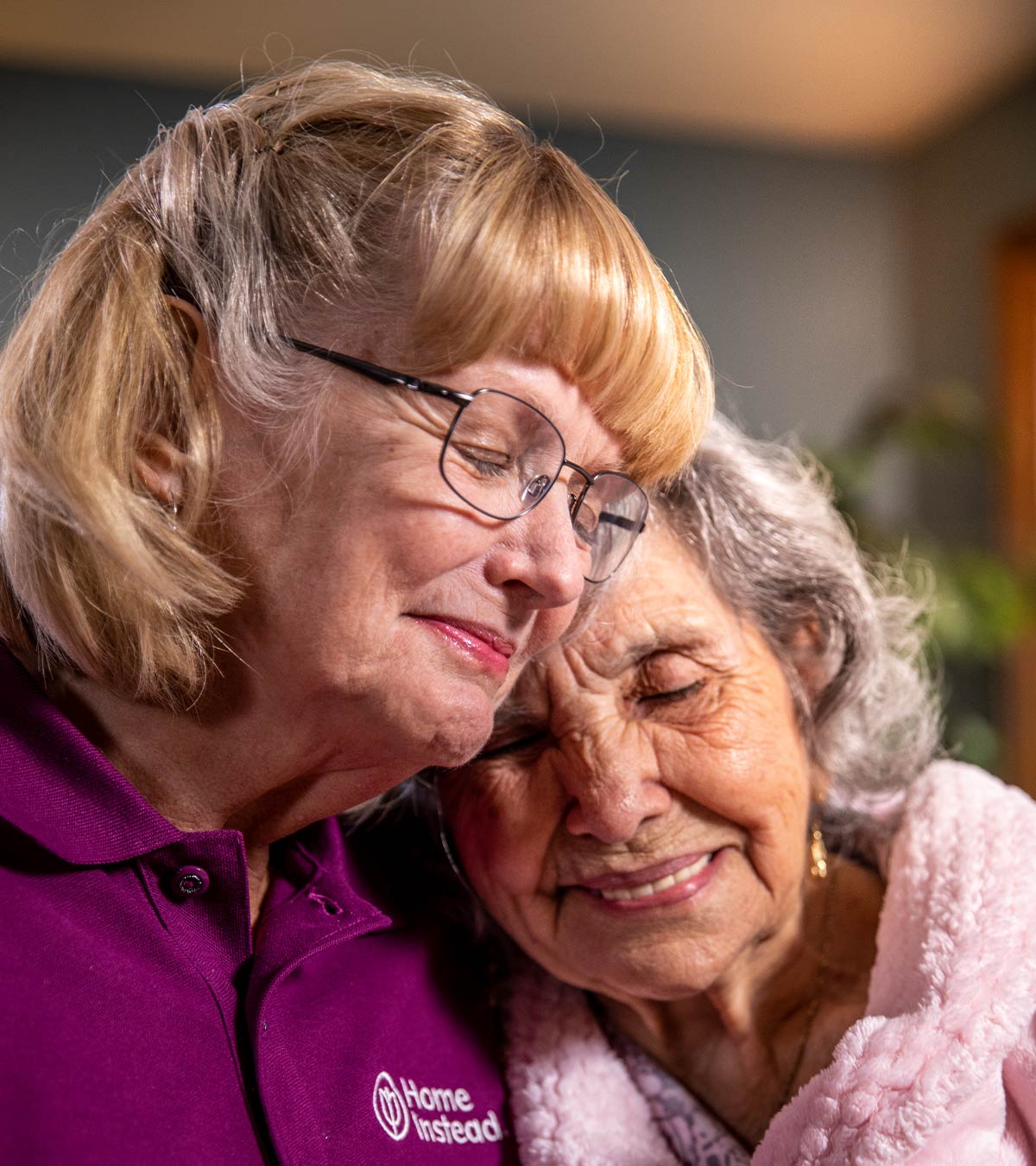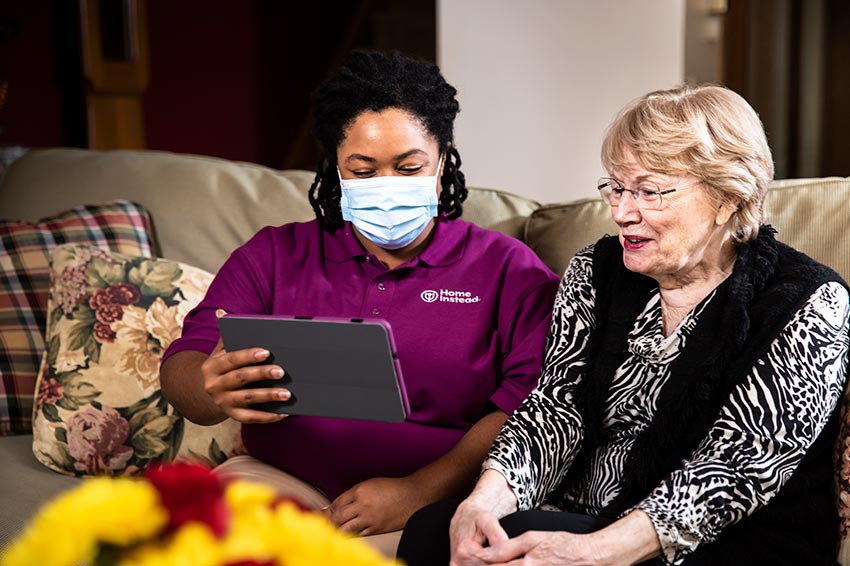What Exactly is Depression?
According to the National Institute on Aging, depression is a serious mood disorder. It can affect the way you feel, act, and think; It is a common problem among older adults. Secondly, having periods of unhappiness is normal. So what distinguishes just having a couple of bad days from genuine depression?
As explained by Daniel K. Hall-Flavin, M.D., depression ranges in seriousness from mild, temporary episodes of sadness to severe, persistent depression and is often diagnosed using the following symptoms:
- Feelings of sadness, tearfulness, emptiness or hopelessness
- Angry outbursts, irritability or frustration, even over small matters
- Loss of interest or pleasure in most or all normal activities, such as sex, hobbies or sports
- Sleep disturbances, including insomnia or sleeping too much
- Tiredness and lack of energy, so even small tasks take extra effort
- Reduced appetite and weight loss or increased cravings for food and weight gain
- Anxiety, agitation or restlessness
- Slowed thinking, speaking or body movements
- Feelings of worthlessness or guilt, fixating on past failures or self-blame
- Trouble thinking, concentrating, making decisions and remembering things
- Frequent or recurrent thoughts of death, suicidal thoughts, suicide attempts or suicide
- Unexplained physical problems, such as back pain or headaches
Depression is one of the most common mental illnesses in the U.S., affecting more than 19 million American adults each year. This illness does not discriminate and can impact anyone regardless of age or race. Nearly 6% of Americans age 65 or older suffer from a form of depression and while depression in the elderly is common, it is not and should not be considered a normal part of the aging process.
According to PsyCom.Net, “Older adults are at risk of misdiagnosis and lack of treatment because some of their symptoms can mimic normal age-related issues. Symptoms can also be mistakenly attributed to other illnesses, medications, or life changes. Elderly patients might also be reluctant to talk about their feelings or fail to understand that physical symptoms can be a sign of depression. For elderly people living independently, isolation can make it difficult to reach out for help.”
What Kinds of Symptoms Might an Elderly Loved One Suffering From Depression Exhibit?
- Persistent sadness
- Feeling slowed down
- Excessive worries about finances and health problems
- Frequent tearfulness
- Feeling worthless or helpless
- Weight changes
- Pacing or fidgeting
- Difficulty sleeping
- Difficulty concentrating
- Somatic complaints (unexplained physical pain or gastrointestinal problems)
- Withdrawal from social activities
Perhaps you read through this list and thought, “Well, of course, Mom can’t concentrate or sleep. She’s getting old.” That response right there—the notion that changes such as these are somehow part and parcel of how one is expected to age—is precisely why so many seniors with depression go undiagnosed.
In addition to these negative misperceptions about what “normal” aging looks like, another problem is that many medications and physical illnesses can present similar symptoms—or even be the root cause—of depression. Some common culprits:
- Cancer
- Parkinson’s disease
- Stroke
- Heart disease
- Lupus
- Diabetes
- Dementia and Alzheimer’s
- Multiple sclerosis
- Cardiovascular drugs
- Chemotherapeutics
- Antipsychotic drugs
- Antianxiety medications and sedatives
- Anticonvulsants
- Anti-inflammatory/anti-infective agents
- Stimulants
- Hormone drugs
Depression Vs. Dementia and How To Tell The Difference
Dementia and Alzheimer’s diagnoses can present an extra layer of difficulty in identifying whether a loved one is experiencing depression or not. It helps to understand how the common symptoms manifest in each disease.
Depression Symptoms
- Mental decline is rapid
- Patients can state the correct date, time, and they are
- Patients have difficulty concentrating
- Language and motor skills are slow but normal
- Patients notice and worry about memory problems and confusion
Dementia & Alzheimer's Symptoms
- Mental decline is slow
- Patients become confused and disoriented and may get lost, confuse dates, or wonder where they are
- Patients struggle with short-term memory
- Writing, speaking, and language skills are impaired
- Patients don’t notice or seem to care about memory problems
Treatments For Depression
The good news in all of this is that there are treatment options—therapies and medications that have been proven to be successful at helping individuals suffering from depression, as well as several proven strategies for preventing depression in the first place: A healthy diet, regular exercise, social interaction with friends and loved ones, and regular mental stimulation are all powerful tools for maintaining mental health.
So what should you do if you suspect depression in yourself or in a loved one? The first and most important thing—and for many, the hardest thing— is to talk to someone about it, usually, to start with, a medical professional, like your general physician. He or she can do a thorough physical exam and medication review to rule out those issues as possible causes of your loved one’s symptoms. If depression is the final diagnosis, then you can work together to create an effective treatment plan— diet, medication, sleep, exercise, and social interaction will all have a role to play. He or she can also help you find and maintain a support group, which can be a vital part of the treatment plan.
Lastly, please note that thoughts or expressions of suicidal feelings and/or attempts at self-harm, at any age, should be considered an urgent medical situation. Do not hesitate to contact emergency assistance.
The aging process presents numerous challenges for us and for our loved ones, as our bodies and minds undergo so many changes. With open communication, clear information about symptoms, diagnosis, and treatment, depression should never be one of the challenges we allow to go unmet or a pain we allow to go untreated.




